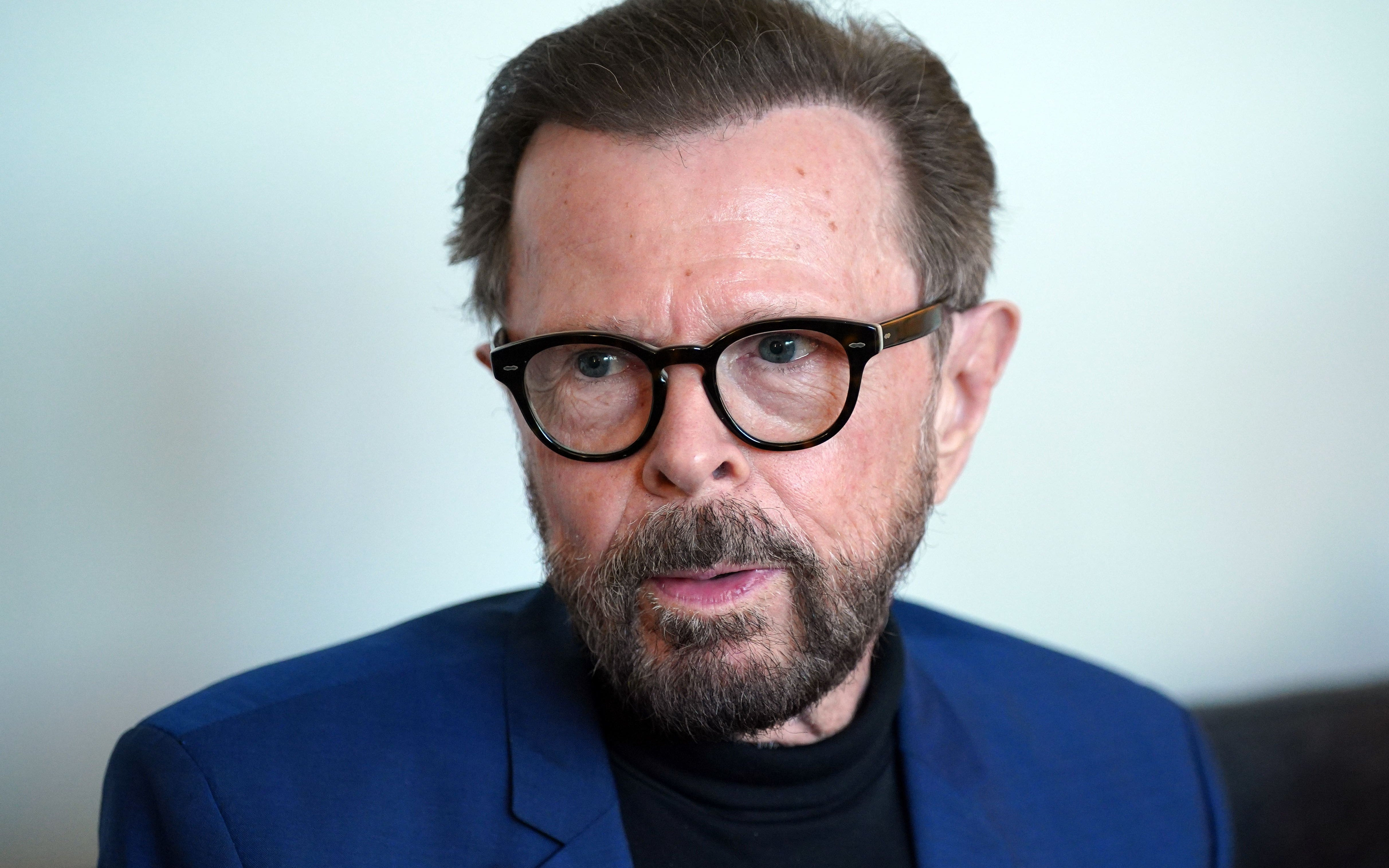The tale of the Pied Piper of Hamelin is a story most of us know well—a cautionary tale of broken promises and the consequences that follow. However, a lesser-known detail within this fable offers profound insights into the modern workplace.
According to the story, when the piper led the children away from the town, three disabled children—a child who was physically unable to walk, a blind child, and a deaf child—were unable to follow. These three children returned to the town, bearing witness to the mysterious disappearance of their peers and showing the townspeople where the children were taken. They were saviors.
This part of the story is often overlooked, yet it carries a powerful message about the value of those who see the world differently. Just as these three children were able to provide critical information that the rest of the town was blind to, individuals with disabilities bring unique perspectives to the workplace that can be invaluable, particularly in identifying and addressing issues that others might miss.
The Canary in the Coal Mine
In her wonderful book, The Canary Code: A Guide to Neurodiversity, Dignity, and Intersectional Belonging at Work, Ludmila N. Praslova discusses how neurodiverse individuals can play a crucial role in the service of HR by detecting early signs of a toxic workplace culture. Much like canaries in coal mines, these individuals are often more sensitive to environmental factors that may go unnoticed by their neurotypical peers. This heightened awareness can be a powerful asset, allowing companies to address issues before they escalate, thereby fostering a healthier, more inclusive work environment.
Beyond Inspiration: The Power of Representation
However, the argument for hiring people with disabilities extends far beyond their ability to inspire others or act as early warning systems for workplace toxicity. While these are important contributions, they are not the primary reasons companies should actively seek to include individuals with disabilities in their workforce.
The real reason is simple yet profound: representation. Approximately 15 percent of the global population lives with some form of disability, and they are all an integral part of us: our blood, kin, siblings, parents, children, and friends. This means that if our workplaces do not reflect this demographic, then the modern-day workplace, corporations, and large businesses do not truly represent the societies out of which they operate. They don’t represent “us.”
Inclusivity: A Moral Imperative and a Business Advantage
When companies commit to hiring people with disabilities, they are not just fulfilling a moral obligation—they are tapping into a rich pool of talent and perspectives that can drive innovation and growth. People with disabilities bring creativity, resilience, and problem-solving skills that are often honed through their experiences of navigating a world that is not always designed with their needs in mind. By integrating these individuals into the workplace, companies can benefit from diverse ways of thinking that can lead to new ideas and solutions.
Moreover, when workplaces mirror the diversity of society, they send a powerful message to employees, customers, and stakeholders alike: Everyone is valued here. This message fosters a culture of inclusivity and belonging, which is essential for attracting and retaining top talent, particularly among younger generations who prioritize diversity and inclusion in their career choices.
The Pied Piper's Legacy: A Call to Action
In conclusion, the story of the Pied Piper of Hamelin reminds us that those who see the world differently can offer invaluable insights. In the modern workplace, individuals with disabilities do more than inspire or protect—they represent a vital part of our society that deserves to be included, not out of charity, but out of recognition of their intrinsic worth.
It’s time for corporations to ensure their workplaces truly reflect the diversity of the world around us, giving everyone the opportunity to contribute their unique talents to the collective success of the organization. Until they all willingly do so, perhaps we could find a new “Pied Piper,” one that plays music tailored for the ears of C-Suite people. Music that can get senior management to hold the doors of our collective workplaces wide open while millions of unemployed, people with disabilities (and other unemployed populations), walk right in and take their rightful place amongst us.


















